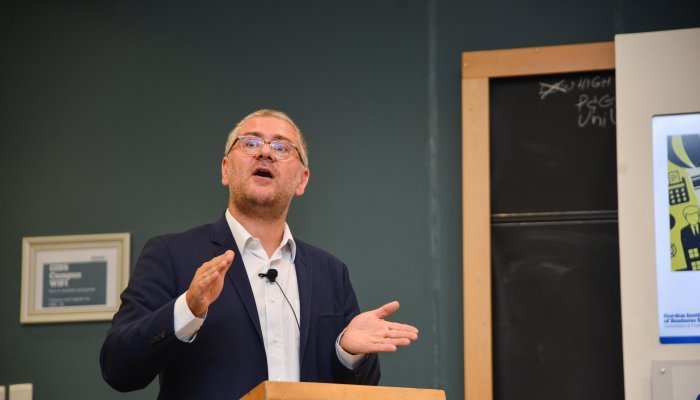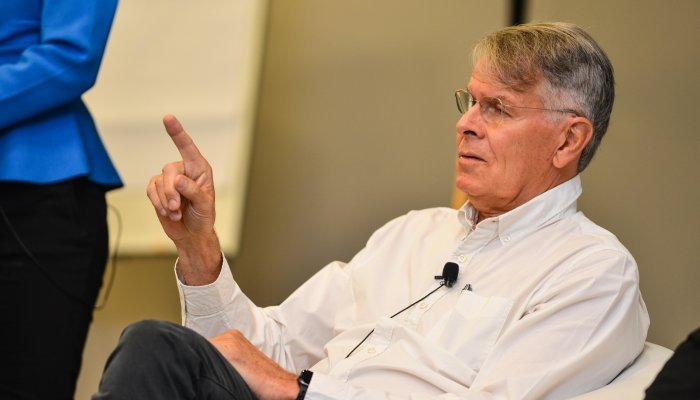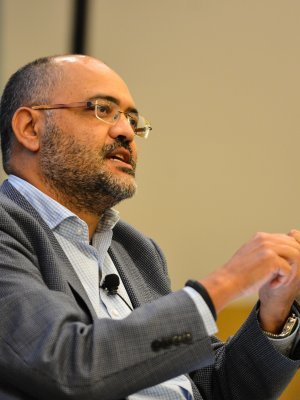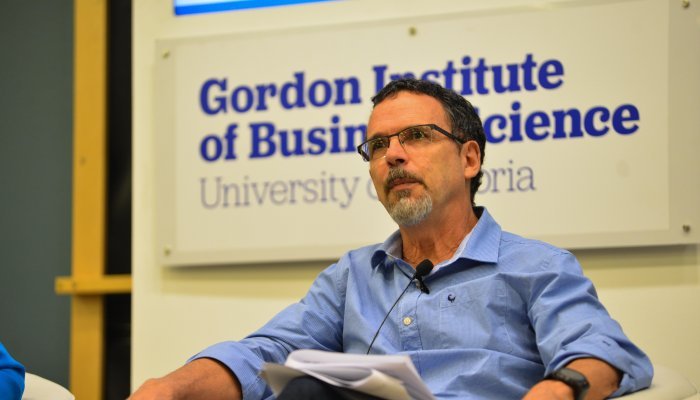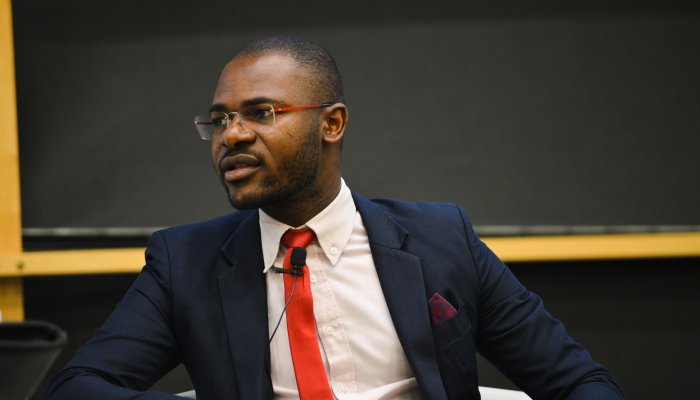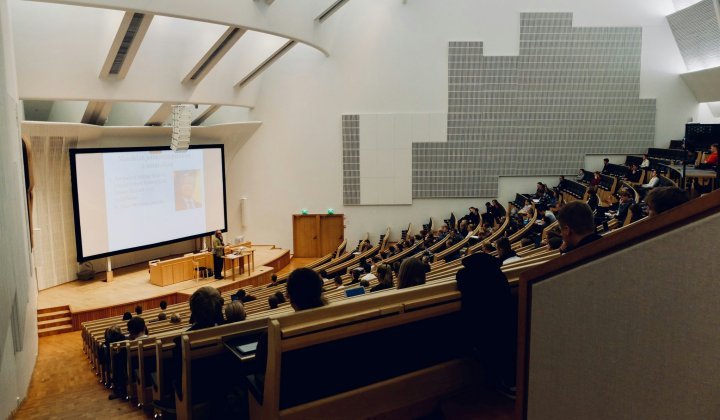When delegates met at GIBS in mid-February for the annual Economic Outlook Conference, little could they have known about how severely the world was about to change. But pandemic or not, South Africa's economic challenges – the fundamentals – are still the same.
Fiscal constraints have been a major contributor to the South African economy’s sluggish performance, and any attempts at growth are severely impeded by the contingent liabilities of cash-strapped state-owned enterprises like Eskom and a ballooning public sector wage bill.
Adjunct professor at the Southern Centre for Inequality Studies at WITS, Prof. Michael Sachs, told the GIBS Economic Outlook Conference that at the heart of the current fiscal challenge is “an inconsistent policy stance that is not aligned with the rest of government policy”.
He argued that in order to achieve structural reform, real compromises are required.
Austerity without consolidation
While government hasn’t instituted an official policy of austerity, there has been a marked decline in the quality of services to the poor who rely on the public sector. “The country needs to commit to a controlled, but moderately less contradictory fiscal stance,” Sachs said.
Even though the number of government employees has remained constant since 2012, government has been unable to contain its wage costs. The number of people demanding public services has increased and therefore there has been a real erosion of service delivery.
Sachs said he is sceptical whether government will consolidate its debt, and that the nation’s debt trajectory is a problem: “Our debt is rising year after year, which can raise the risk of a sudden macroeconomic shock or debt crisis due to a change in sentiment. Any large fiscal expansion would accelerate it to unsustainable levels.”
“If we continue muddling through by containing debt, there will be an erosion of the public sector until it is incapable of delivery, no matter who is in government,” he said.
Eskom as contingent liability
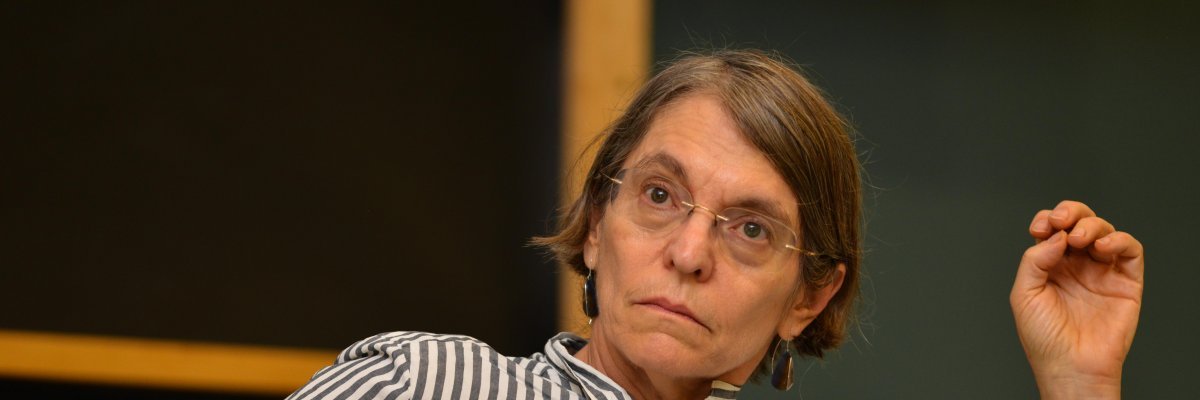
Dr. Neva Makgetla, senior economist at Trade and Industrial Policy Strategies (TIPS) said using public assets in the form of savings from the Government Employees Pension Fund to refinance failing public utilities such as Eskom meant pursuing the least worst option: “The bad decisions were taken in the past, now we are just trying to clean up.”
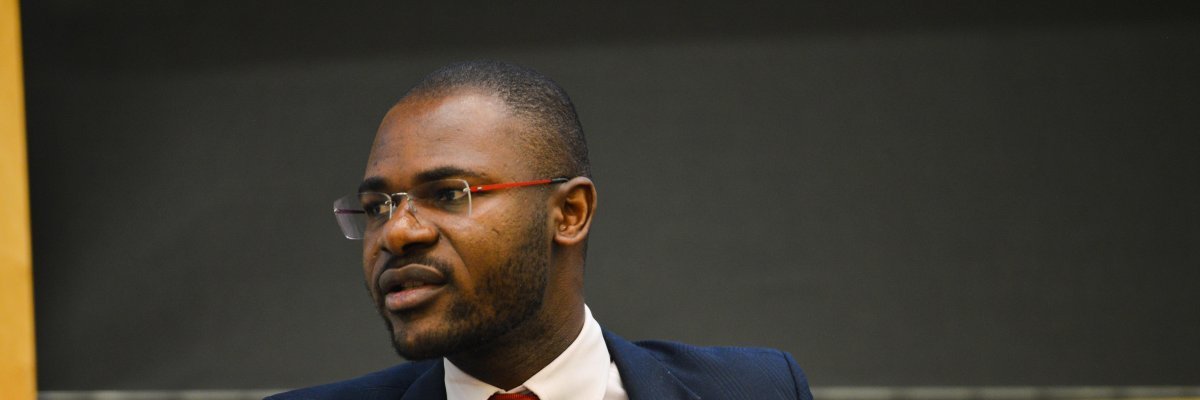
Isaah Mhlanga, chief economist at Alexander Forbes, argued that Eskom is a risky investment and fund managers have a fiduciary duty to their members. “The pace of renewables means Eskom will ultimately die a slow death as the demand for their electricity declines.”
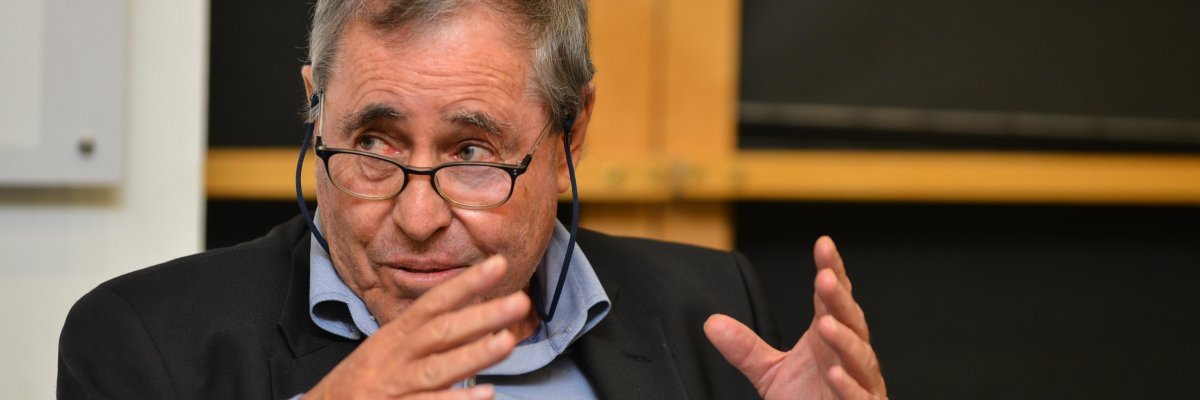
Chairman of the Investment Analysts Society, Mike Brown, said conditions at Eskom would only improve after a period of change once efficiencies had been approved and costs cut. As the pension industry looks for returns in a low growth market, he said savings could be directed into infrastructure and project funding as such development funding could “start delivering the supply-side reforms that we need”.
Labour the missing middle
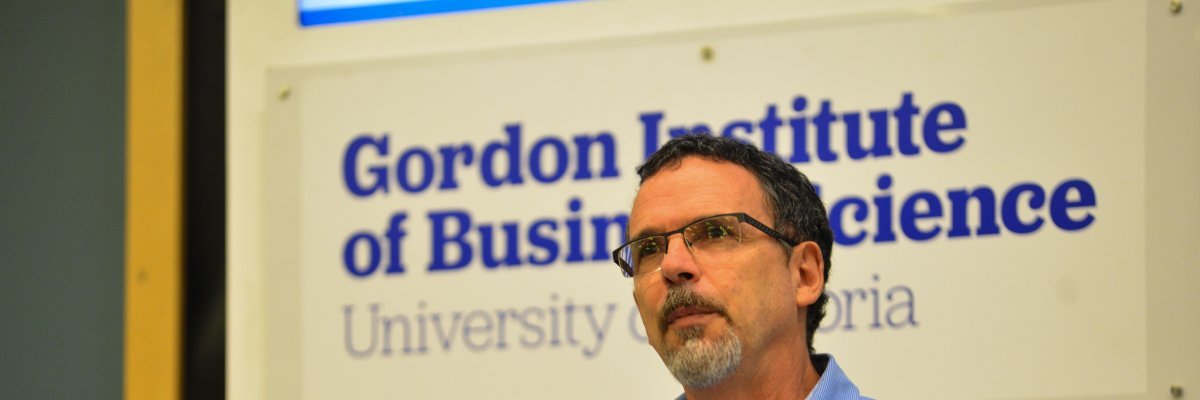
Co-director of the Institute for Economic Justice, Neil Coleman, argued the government needed to pursue a policy of stimulus, not austerity or consolidation: “The restrictive fiscal and monetary policy is squeezing the economy, especially the poor, as services decline.”
Coleman said it was evident if one examined the composition and structure of the wage bill that the “upper echelons consist of unproductive bureaucrats. There is a need to flatten the hierarchy and for more resources for delivery.”

Spokesperson for the National Union of Metal Workers (NUMSA), Phakamile Hlubi Majola, argued that the large wage bill is not the primary cost driver in the public sector, but rather “corruption and bloated procurement spend that is choking entities to the point of destruction”.
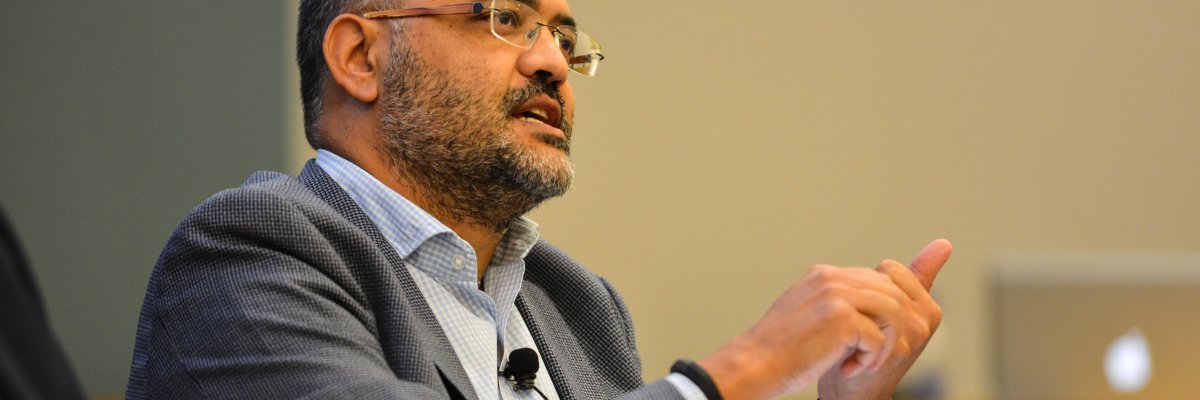
Professor Haroon Bhorat, director of the Development Policy Research Unit at UCT, pointed out that South Africa is in a middle-income growth trap and has become a de facto services-based economy. “We have undergone a process of premature deindustrialisation, and there has been insufficient employment creation since 1994. The economy hasn’t been able to create an adequate number of jobs in relation to the rise of new entrants.”
The urban working middle class, or missing middle, are therefore feeling the brunt of the low growth economy. Bhorat suggested procurement cost cuts and incentives for firms to hire workers would bolster employment creation.
Political outlook

“Business can do much more,” said Business Day columnist Peter Bruce. “We need new capitalism, of compromise and real contribution. We need to think more long term. South Africa is defined by destructive capitalism and short- term thinking.”
Bruce pointed out that both business and the black poor need government to work properly, as “both are equally affected by the absence of decent policy and its implementation. These two unlikely compatriots have unlikely common interests.”
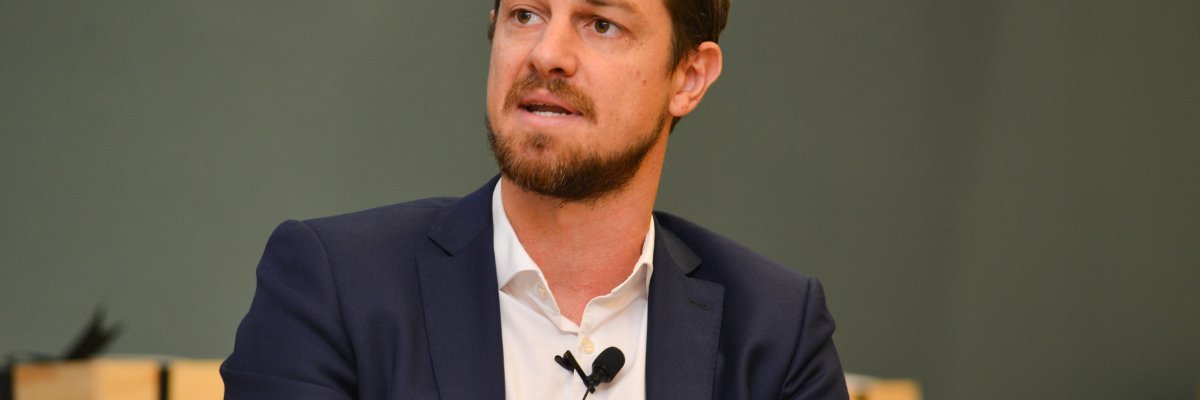
Senior political economist at Standard Bank, Simon Freemantle, said the private sector needs to acknowledge the socio-economic realities in which it operates.
Of President Cyril Ramaphosa, Freemantle argued that while he had been criticised for an insipid economic recovery and for dragging his feet on state-owned entities, he had “performed well, considering he inherited power at a fraught time. Now, Ramaphosa holds a comfortable majority of support in the National Executive Committee. It is difficult to build a logical argument based on evidence he has lost power. I am encouraged by the strides he has made – there is a gradual but meaningful recovery.”


